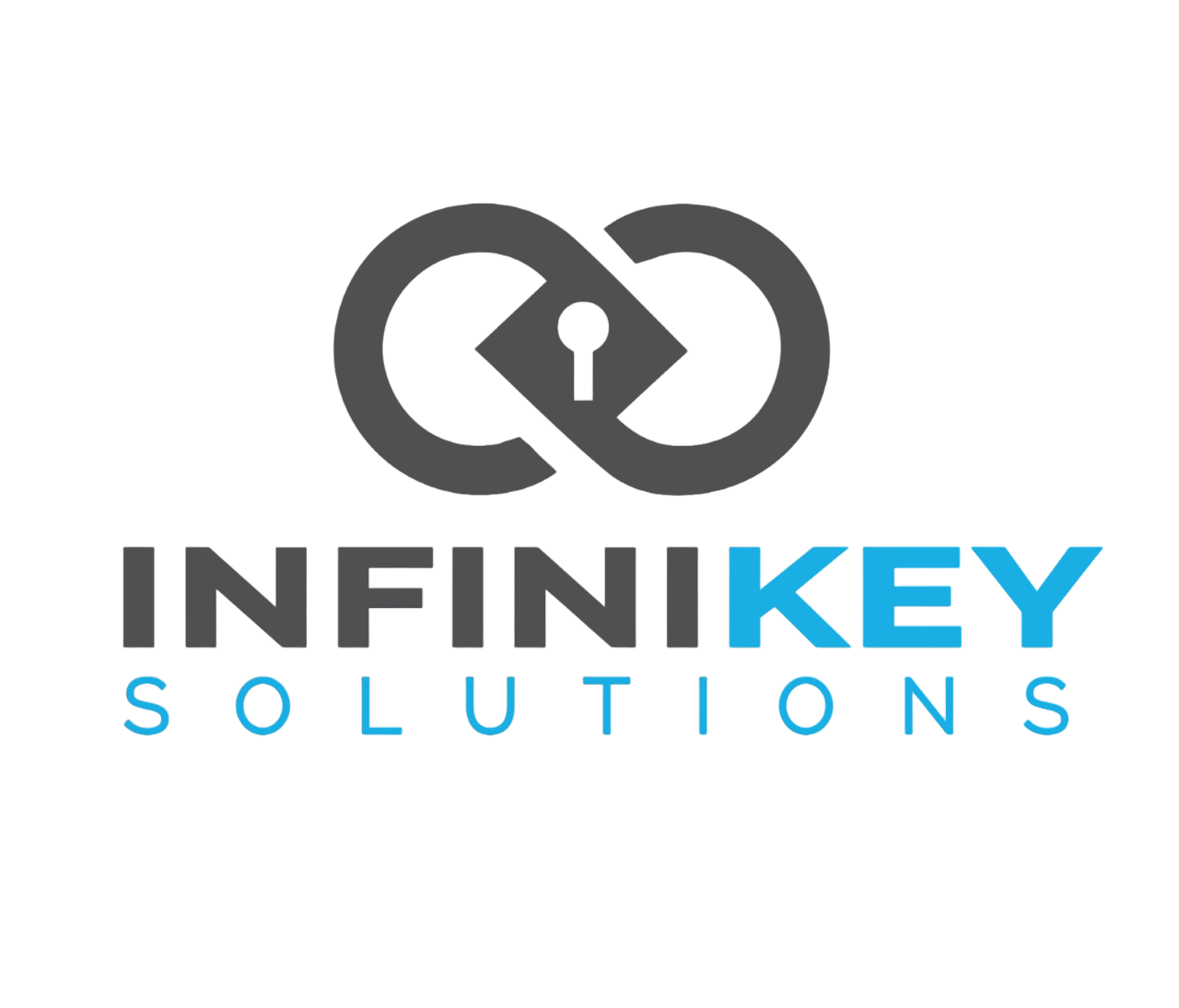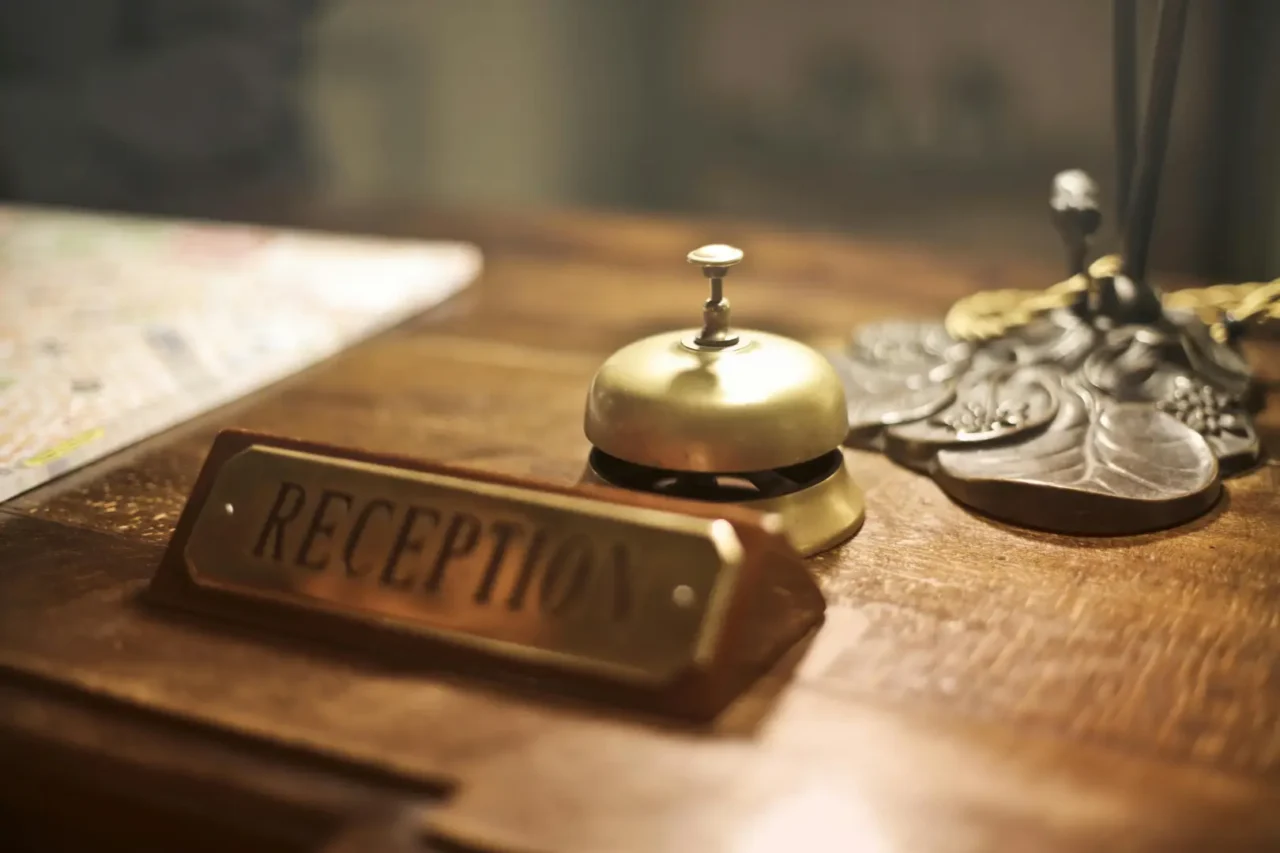The hospitality industry has always been about creating memorable guest experiences. However, behind the scenes, efficient backend operations are what keep everything running smoothly. Enter process automation and Robotic Process Automation (RPA)—two game-changing technologies that revolutionise how hotels, restaurants, and bars manage their operations. From reducing manual labour to improving accuracy and saving costs, automation is reshaping the hospitality landscape, allowing businesses to focus more on what truly matters: their guests.
What is Process Automation in Hospitality?
In the simplest terms, process automation is the use of technology to perform repetitive tasks without human intervention. In hospitality, this means everything from managing reservations, tracking inventory, and handling payroll, to ensuring compliance with health and safety standards.
The beauty of RPA (Robotic Process Automation) lies in its ability to mimic human actions—like sending emails, updating databases, or logging data into systems. But unlike humans, RPA doesn’t take breaks, make mistakes, or slow down.
The Crux of Backend Operations: Where Automation Shines
Behind every well-run hotel, restaurant, or bar is a complex web of operations that keep the service seamless. Often, these backend operations are time-consuming and prone to human error. Automating these tasks brings significant advantages in terms of efficiency and cost savings.
1. Reservation Systems
Imagine a busy hotel lobby, with guests arriving and leaving all day. Front desk staff handle check-ins, check-outs, and everything in between. Now picture an automated system handling all reservations, assigning rooms, and even sending confirmation emails. With process automation, hotel staff can focus more on personalised guest experiences rather than juggling backend tasks.
Real-life Scenario: Hotel Reservation Automation
A well-known chain implemented RPA for its booking system. Not only did this reduce manual errors, but the system also freed up 30% of their staff’s time. This allowed employees to provide better customer service, ensuring guests had a smooth check-in experience without unnecessary delays.
2. Inventory and Supply Chain Management
For restaurants and bars, managing inventory is crucial to avoid running out of supplies or overstocking items. Automation tools can track what’s being used, when it needs restocking, and even place orders automatically. This removes the headache of manual tracking and keeps the kitchen running smoothly.
Real-life Scenario: Restaurant Inventory Automation
One popular restaurant chain, automated its inventory management using RPA. Previously, staff had to manually update inventory levels at the end of each shift, leading to inconsistencies. By automating the process, they achieved a 20% reduction in food waste and saved hundreds of staff hours monthly.
3. Payroll and Human Resource Management
HR processes in the hospitality industry are often fraught with repetitive tasks—managing staff schedules, processing payroll, and tracking vacation days. By automating these, businesses can eliminate paperwork and ensure that employees are paid on time without errors.
4. Regulatory Compliance
Hotels and restaurants have to deal with various compliance requirements, from food safety to labor laws. Automation ensures that all records are properly maintained and updates are made instantly, reducing the risk of fines and penalties.
Key Benefits of Automation in Hospitality
Increased Efficiency
Automation reduces manual effort, allowing staff to work more efficiently. For example, hotels can process reservations faster, restaurants can manage their inventory with minimal human intervention, and bars can track customer orders automatically.
Cost Savings
By automating routine tasks, businesses can save on labour costs and reduce errors that may otherwise lead to financial losses. Automation also means fewer mistakes, which can translate to significant savings in the long term.
Improved Customer Experience
The more streamlined the backend processes, the smoother the guest experience. From fast check-ins to timely food deliveries, automation lets hospitality staff focus on enhancing customer satisfaction rather than worrying about operational hiccups.
Enhanced Accuracy
RPA eliminates the risk of human errors. Whether it’s ensuring that a reservation is recorded accurately or that payroll is processed without mistakes, automation ensures consistency across all operations.
Automation Scenarios in Hospitality
Let’s dive into a few more specific scenarios where automation can make a huge difference in hotels, restaurants, and bars:
Hotel Scenario: Automated Housekeeping Requests at Hotels
Many hotels now use apps that allow guests to request housekeeping services directly from their phones. These requests are then automatically routed to the housekeeping team, who can track and complete tasks efficiently.
This reduces delays and ensures that guest needs are met without miscommunication.
Scenario: Automated Ordering Systems At Restaurants
Some restaurants have embraced digital ordering systems where customers can place their orders via tablets at their tables. The orders go directly to the kitchen, reducing wait times and freeing up servers to focus on guest interactions rather than taking orders. This creates a more personalised dining experience while streamlining backend operations.
Scenario: Automated Pouring Systems at Bars
Bars can automate their pouring systems to ensure consistency in every drink served. These systems measure exact quantities, reducing waste and maintaining drink quality. By automating this process, bars can ensure faster service, happier customers, and less product loss.
Real-life Example: McDonald’s and Automation
Even industry giants like McDonald’s have integrated automation solutions. From touch-screen ordering kiosks to automating the kitchen’s workflow, McDonald’s has embraced process automation to cut down wait times, improve order accuracy, and reduce operational costs. The company has streamlined backend operations, by using RPA for managing tasks like inventory and employee scheduling, creating a smoother customer experience.
Future of Automation in Hospitality
As automation continues to evolve, its role in the hospitality industry will only grow. The future will see more hotels adopting voice-activated concierge services, restaurants using AI to predict customer preferences, and bars leveraging robotics for faster service.
The key takeaway is that automation isn’t here to replace hospitality workers; rather, it enhances their ability to deliver exceptional service. It frees up staff to focus on what truly matters—creating experiences that guests will remember and return for.
Conclusion
Process automation and RPA have the power to revolutionise backend operations in the hospitality industry. Whether it’s a hotel handling reservations, a restaurant managing inventory, or a bar streamlining drink orders, automation can lead to cost savings, enhanced efficiency, and improved customer experiences. By embracing these technologies, businesses can remain competitive and thrive in an increasingly fast-paced world.




